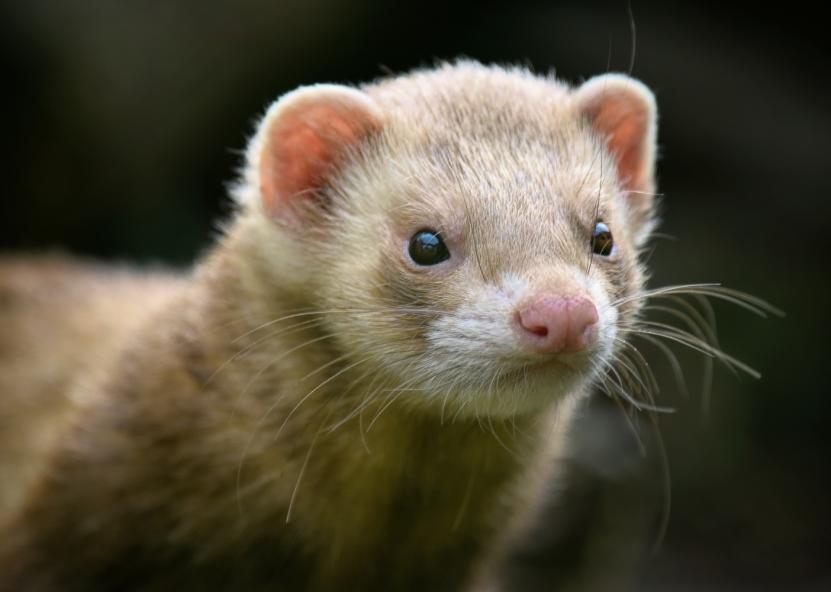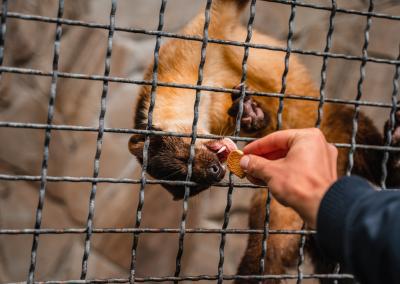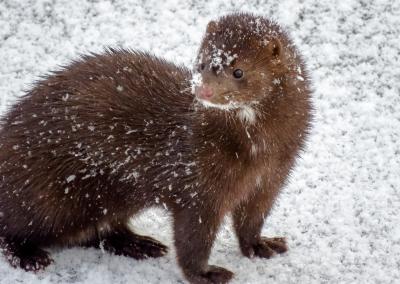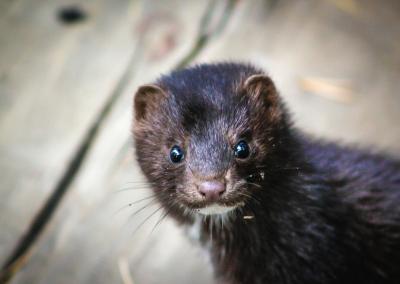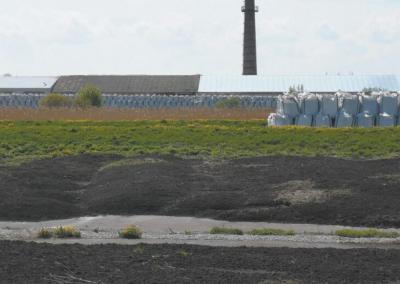Furbearer business ban proposed to be postponed until 2033
At the end of his work, the chairman of the Seimas Committee on Rural Affairs, Liberal Viktoras Pranckietis, has registered a proposal to postpone the ban on fur farming for almost a decade.
According to an amendment to the Law on Animal Welfare and Protection, which he drafted and registered, the ban would come into force on 1 January 2033.
It is also proposed that compensation be paid not only for the cessation of commercial activities aimed at obtaining or selling fur, but also for the demolition of structures, the destruction of facilities, and the management of waste.
V. Pranckietis proposes to remove from the law the criteria for determining the amount of compensation for a banned business. According to the draft, the procedure and the amounts would be determined by the government or a body authorised by it.
Liberal's initiative has been supported by nearly two dozen representatives of various groups in the Seimas.
„This branch of agriculture generates a significant added value for the country's economy, as Lithuania's furbearer producers have a turnover of around €40 million annually. The fur farming business contributes to Lithuania's positive foreign trade balance, and calculations of the amount of compensation for the ban on fur farming carried out by the consultant „Smart Continent LT“ for the Ministry of Agriculture, have estimated the preliminary amount of compensation for the ban on fur farming at €56.85 million," the explanatory note to the project states.
In addition, according to the initiator, there are no decisions taken at European Union (EU) level obliging Member States to close fur farming businesses.„The closure of fur farming businesses should take place when decisions are taken at EU level. In this case, EU funds could also be used for the compensation mechanism," the explanatory memorandum states.
It points out that Lithuanian game farms are among the best and most fur-producing in the world, accounting for around 7% of the European market and around 3% of the global fur market.
According to amendments to the law adopted by the Seimas, the ban on fur farms is to come into force in 2027, and in 2024–2026– during a transitional period– entrepreneurs can close their farms and receive compensation: in the first year the payment is three euros per animal, in the second year – two euros, and in the final year – one euro. Entrepreneurs have previously complained that the payments are too low and do not cover their losses.
The amendments were adopted to ensure that animal cruelty is not tolerated.
Lithuania then became the 20th country in Europe to ban the business.



































































































